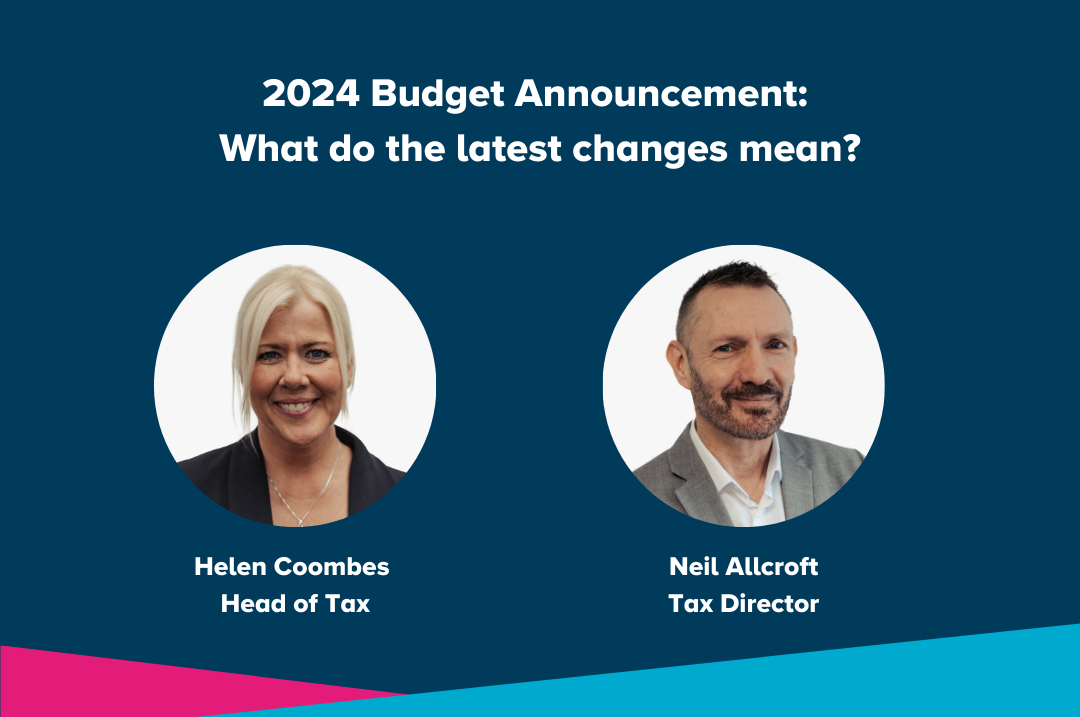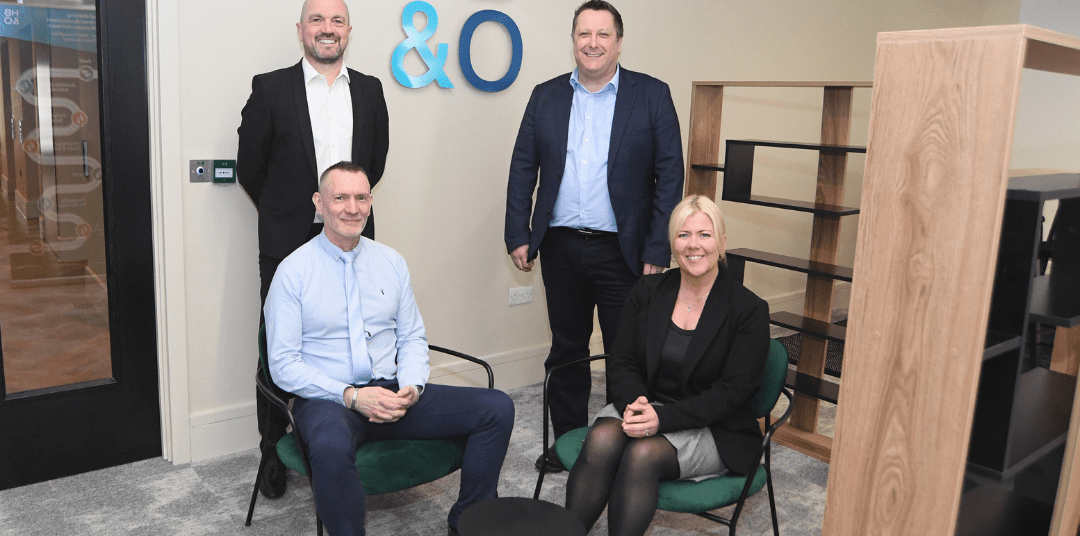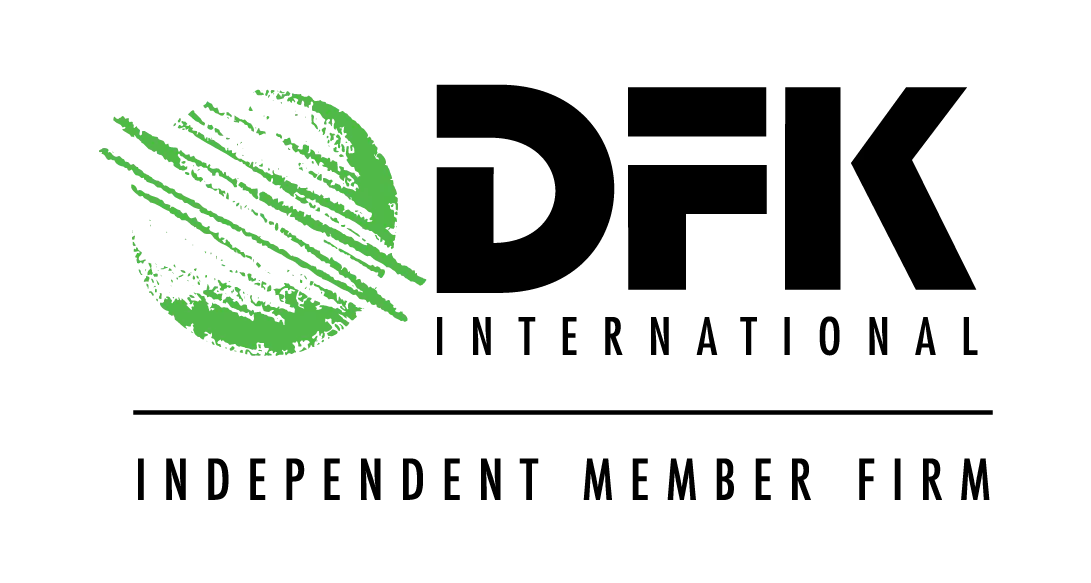Chancellor Rachel Reeves delivered Labour’s first Budget in more than 14 years today (30 October 2024) and pledged to “restore economic stability”, boost long term growth and mark an end to short term planning.
Reeves has announced a programme of measures which will see taxes raised by £40 billion.
If you have any questions, get in touch with our experts today.
Key Announcements
1. Employers’ National Insurance and Minimum Wage
- Employers’ National Insurance contributions will be increased by 1.2%, from 13.8% to 15%.
- The threshold for businesses to start paying national insurance on an employee will be reduced from £9,100 to £5,000 per year from 6 April 2025.
- National Living Wage will rise by 6.7% to £12.21 from April and the National Minimum wage will rise 16.8% from £8.50 to £10 for 17 to 20-year-olds.
- Expansion of the Employment Allowance by removing the £100,000 eligibility threshold. The allowance will increase from £5,000 to £10,500.
2. Capital Gains Tax
- The lower rate of Capital Gains Tax will be raised from 10% to 18%, with the higher rate rising from 20% to 24%. This will be for disposals on or after 30 October 2024.
- The rate for business asset disposal relief and investors relief will increase to 14% and from 6 April 2026 will match the 18% rate.
- Rates on carried interest will increase to 32% from April 2025, while the rates on residential property will remain at 18% and 24%.
3. Inheritance Tax
- Freeze on the Inheritance Tax threshold will be extended and the first £325,000 of any estate can still be inherited tax-free until 2030, rising to £500,000 if it includes a residence passed to direct descendants. This extends to £1 million when a tax-free allowance is passed to surviving spouse or civil partner.
- Inherited pensions will be brought into inheritance tax from April 2027.
- Agricultural Property Relief (APR) and Business Property Relief (BPR) will be reformed from April 2026, with the first £1 million of combined agricultural assets remaining free from inheritance tax. For assets over £1m the tax will apply with a 50% relief at an effective rate of 20%.
- There will also be a 50% relief on inheritance tax for shares on the alternative investment market.
4. Business Rates
- From 2026/27, the Chancellor has announced an intention to introduce permanently lower tax rates for retail, leisure and hospitality.
- For 2025/26, retail, leisure and hospitality businesses will receive 40% relief on business rates up to a cap of £100,000.
- This will replace the current 75% discount – which expires in April 2025 – and will see business rates nearly double for businesses in these sectors.
5. Corporate Tax and Non-Dom Tax
- The commitment to cap corporation tax at 25% for the duration of this parliament was confirmed in the Budget speech, with full expensing and the £1 million annual investment allowance maintained.
- The ‘non-dom’ tax regime will be abolished from April 2025. This will apply to a UK resident whose permanent home for tax purposes is outside the UK.
Immediate Assessment and Analysis by tax experts at HB&O
Helen Coombes, Head of Tax
“The changes announced today to employer national insurance contributions are set to have a significant impact on the day-to-day costs for businesses, which will almost certainly have a negative impact on their growth.
“We were expecting major changes with Capital Gains Tax and while the initial announcement is not welcome, it could have been worse. The rates have not risen to the point where we expect it will stop people of disposing of assets.
“The increases to the rate of Capital Gains Tax that applies to business asset disposal are set to be staggered, even though it is a 4% increase initially, it will effectively become a 40% increase in tax.
“Fortunately, the good news is that there is still time for businesses to act and we would encourage any businesses concerned by any announcements in the Budget to contact a professional adviser.”
Neil Allcroft, Tax Director
“For SME micro-businesses, the increase in the employer allowance may mitigate the pressures brought about by the increase in the rate of employer National Insurance (NI) contributions and the lowering of the starting point at which Employer’s NI is charged– which will be a double hit for many businesses.
“If a business is floating around the VAT Registration threshold, for example in the service sectors, they will see their costs increase by virtue of the additional NI cost and increased minimum wage obligations. If this cost is passed onto customers, the resultant increase in gross turnover could exceed the VAT registration threshold resulting in them being less competitive. The lowering of the NI threshold alone could be a cost of up to £600 per employee.
“Changes to Inheritance Tax will without doubt have an impact on succession planning and family businesses, particularly the changes to Agricultural Property Relief and Business Property Relief from April 2026. Previously all trading and farming businesses were exempt, but any gifts from today will become potentially taxable if the donor dies after April 2026.
“It was also announced that undrawn pension funds will be brought into the chargeable estate, and we will be reviewing the technical documents to understand exactly how this will affect the inheritance tax exposure.”














